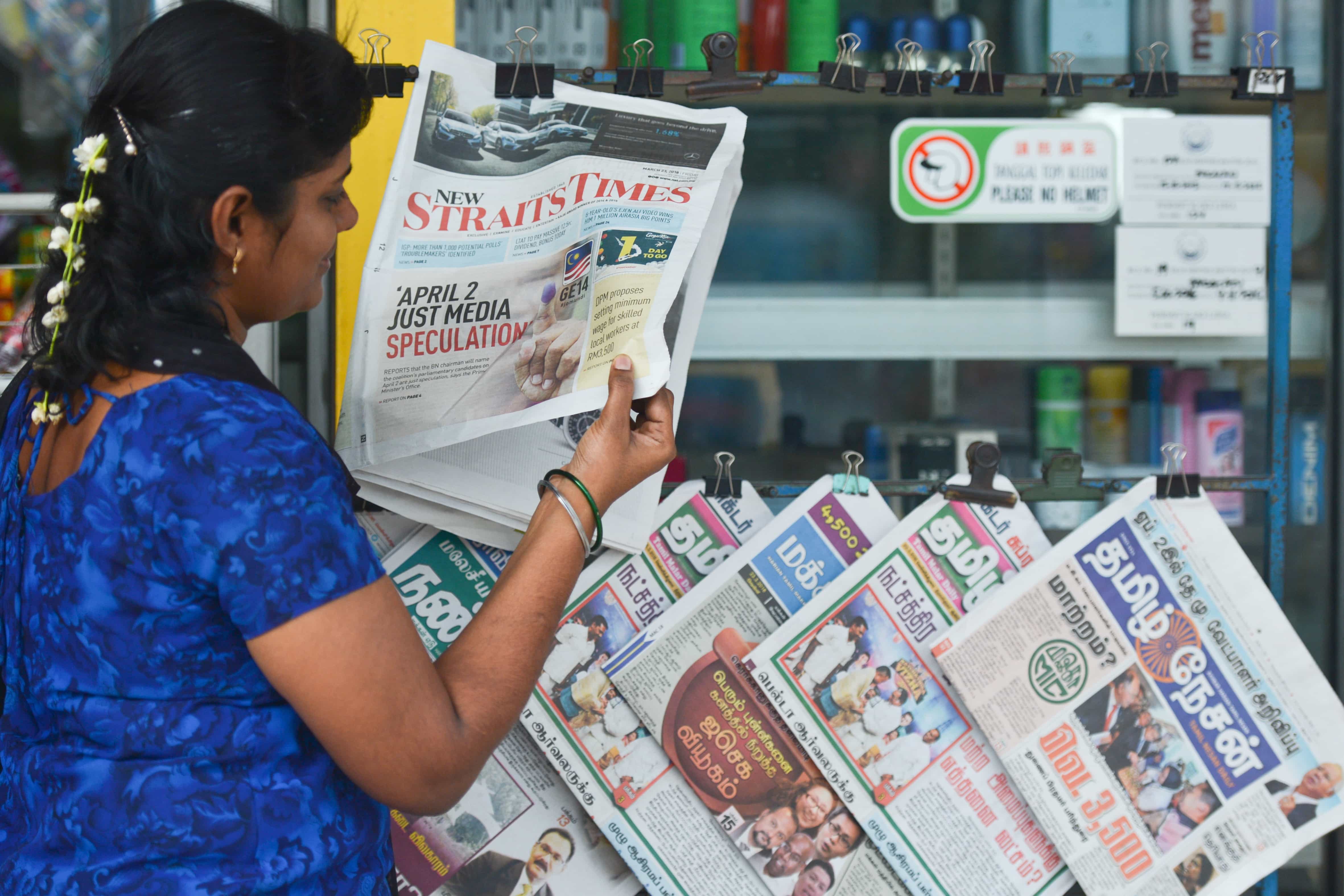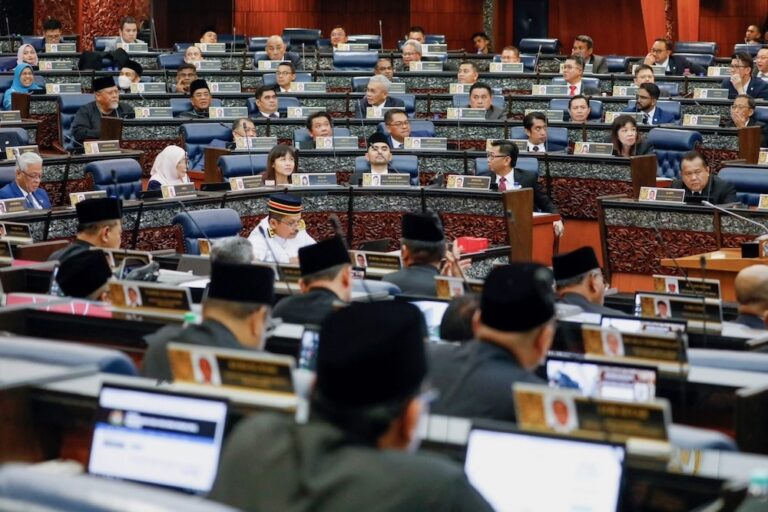The International Federation of Journalists has launched a situation report analyzing the changes needed to ensure freedom of expression in Malaysia
This article was originally published on ifj.org on 24 September 2018.
On May 9th, 2018, Najib Razak’s United Malays National Organisation (UMNO) Government was defeated in general elections that stunned the world. Today, nearly five months on, the International Federation of Journalists (IFJ) has launched Fighting for Media Reform in the ‘New Malaysia – a situation report analyzing the changes needed to ensure freedom of expression and press freedom thrive in Malaysia.
After 61 years in power, Najib Razak was defeated by the Pakatan Harapan governing coalition, led by former Malaysian Prime Minister, Dr Matathir. In the lead up the elections, the Pakatan Harapan released a manifesto including 60 promises for reform in Malaysia, including extensive law reform to support and foster press freedom.
Under the proposed reforms the draconian Sedition Act 1948 and the Printing Presses and Publications Act 1984 would be revoked, which several other Acts including Communications and Multimedia Act 1998, Security Offences (special measures) Act 2012 (SOSMA), Peaceful Assembly Act 2012, Prevention of Terrorism Act (POTA) 2015 would have draconian provisions abolished.
In Fighting for Media Report in the ‘New Malaysia’ the IFJ calls on the new Mahathir government to ensure they follow through on pre-election promises for press freedom, and set out the following recommendations:
- The urgent abolition of any restrictive laws or regulations
- Comprehensive defamation law reform
- The ability for journalists to join and form unions;
- No criminalisation of journalists’ activities;
- The swift establishment of a Media/Press Council
- Media/Press complaints to be handled by a Media Council
- Complaints to the Media Council be judged by reference to a recognised journalists’ Code of Ethics
- Robust legal protection for whistle blowers and investigative journalism;
- Freedom of Information laws with access to government information being the absolute priority
- Any National Security laws being tightly drawn and subject to public interest exceptions.
The IFJ said: “We welcome and support the proposed changes put forward by the new Malaysian Government. Malaysia has an opportunity for robust reform to strengthen the profession, press freedom and access to information in the country. These reforms will show that the new government is serious about change, and won’t follow the in the footsteps of the repressive Razak government.”



